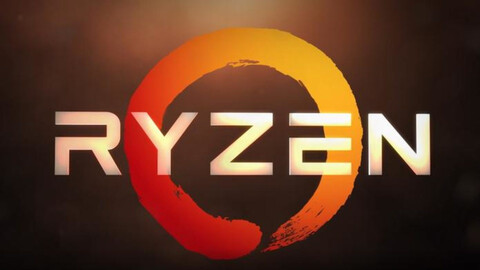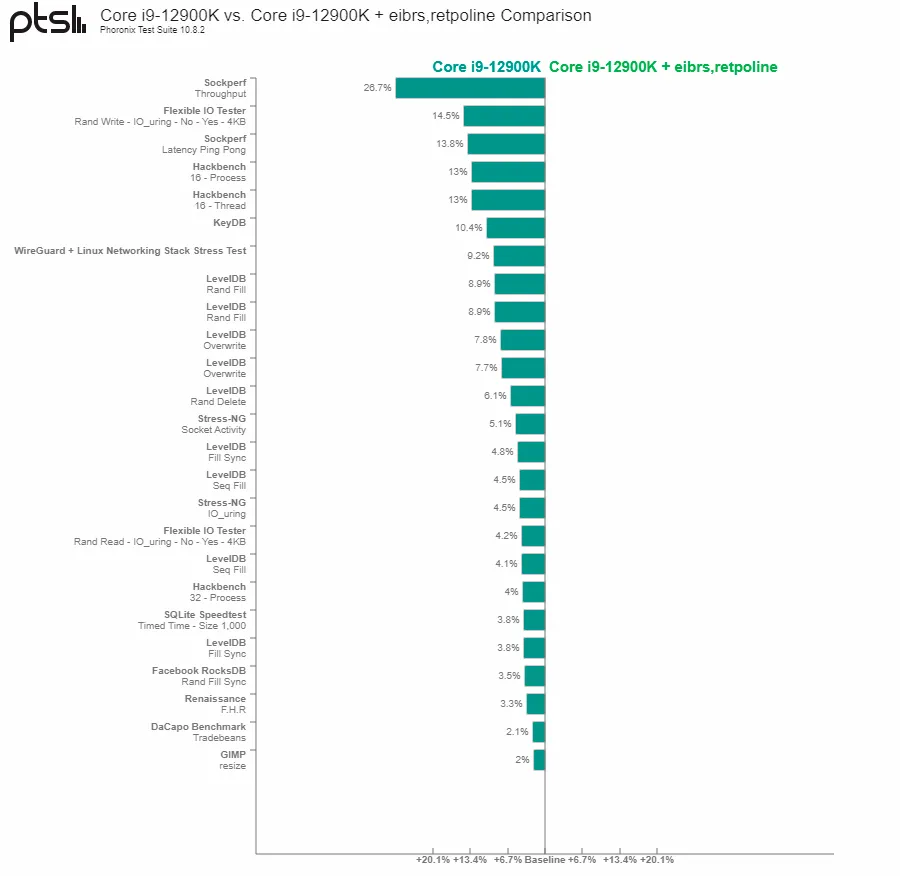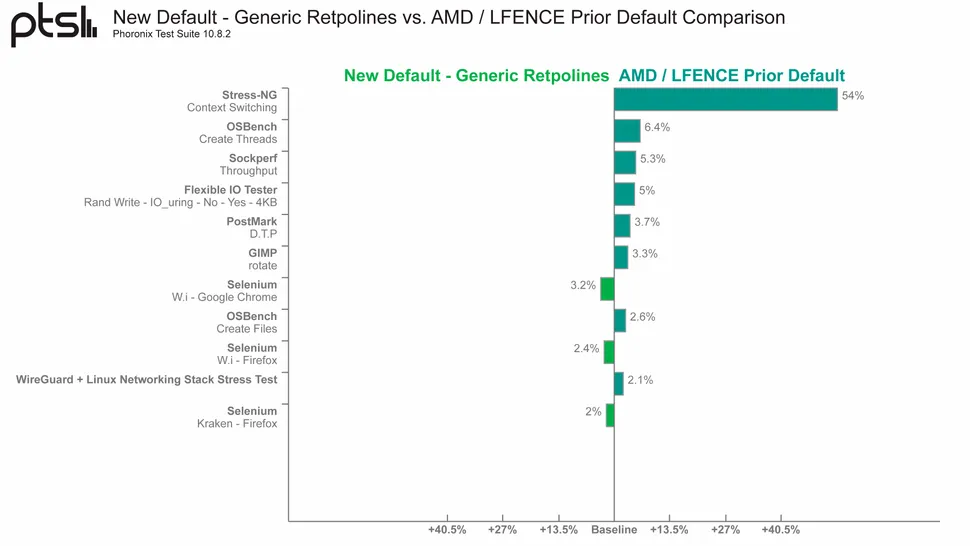Correct me if I'm wrong, but "Spectre V2" doesn't even affect AMD CPUs, does it? The only problem AMD is facing (if you can call it that) is a flaw in their retpoline mitigation against Spectre V1.
The link indicates its about Spectre v2 mitigations but seems to be about their previous mitigations, so yeah not sure what exactly the issue is. Which, I'll have to go somewhere else to find out since Anandtech doesn't even bother to pretend to give lip service to this stuff any more.
This discussion should be in the sticky Spectre/Meltdown thread though... Since Zen4/RPL already finished in silicon, these two would have some impact inevitably, but would slightly better than nowaday CPUs which are on shelve.
I'm wondering why Microsoft/Intel still haven't issued forecast of mitigation/fixes for Windows. It seems this scene is like when 1st gen Spectre born, this V2 Spectre would end up as nightmare as 1st gen Spectre which lead to measureable perf drop. I guess Microsoft/Intel now both are in headache....
I think if an architecture still hasn't finished in silicon they might have chance to fix. But the worst scenario is this would become endless nightmare when new security hole being discovered it would keep affecting everything in our hand....
We know why Intel isn't. Because they don't need to, seemingly no one is holding them accountable for this stuff so there's no need for them to respond to any of it. Well other than sick their leet haxors to try and break AMD's stuff so they can go "look how bad AMD is!" How long before we get part 2 of the "OMG the AMD is broken permanently no fix ever!" clownshow?
As for Microsoft, I'm guessing its a mix of Windows not being that big on servers and them buying up every AMD EPYC chip they can for their own servers? I don't think Microsoft cares about performance for consumers in Windows that much as there's the AMD option and it gets people to buy new PCs. People know the issue is Intel so its not like Microsoft should catch much flak for it. I guess maybe the people buying Surface products (but pretty sure that's largely Enterprise at this point as the former Apple people likely have moved back now). But this just plays into Microsoft's argument for their overall software solution in Enterprise and doing stuff like the security chip in AMD's stuff.
Considering how Win11 came out the gate though, sadly I'm expecting that Microsoft will let Intel bake in their own fix and it'll probably include some flag that happens to tank performance on AMD stuff as well just because. And then Intel will let places benchmark after the fix and AMD will call BS before Intel goes "oops, our bad, totally didn't do that on purpose



" but most people will be too obtuse and we'll get people claiming AMD is also affected despite the glaring differences.
I'd almost say that it seems like maybe Alder Lake's benefit is the thread advisor and that these fixes seem like they might undo that (which would lead to questioning if that was known and intentional by Intel risking that people wouldn't care since seems few people cared about Spectre before), but then apparently older Intel is hit even worse so perhaps its what's keeping Alder Lake from really getting hammered in performance.






